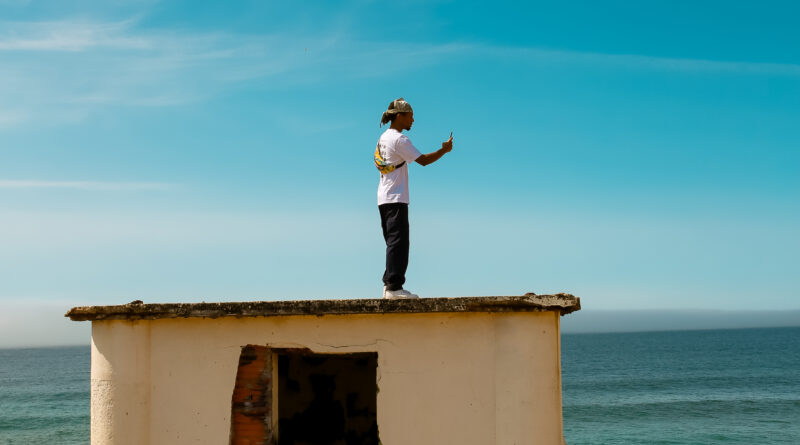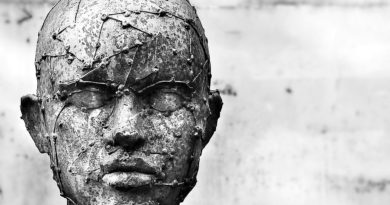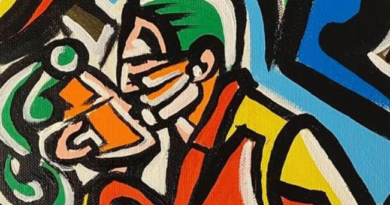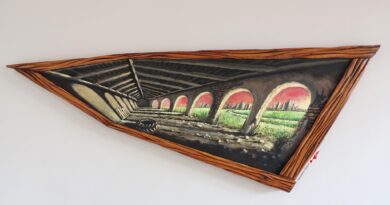Dauda and The Black Lives Matter Movement in Vienna: Interview with the Afro-Austrian Community Videomaker
David “Daouda” Bentigui is a young and talented videomaker and director of photography who lives in Vienna.
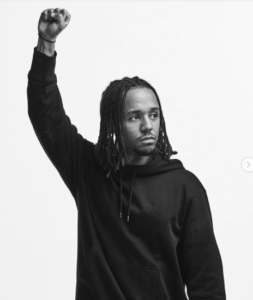
Although Daouda is a self-taught video maker, he boasts important collaborations with international musicians such as Skepta, a London-based rapper of Nigerian origin, Burna Boy and César Sampson, the Austrian music star who won the jury prize and third place at the Eurovision Song Contest in 2018.
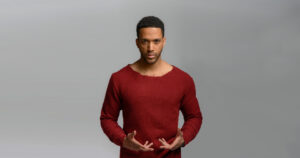
Daouda runs his own independent music label, Akashic Recordz, which he founded and produces the videos of Austrian rapper T-Ser. He recently directed the video starring Nikisha Fogo, prima ballerina of the San Francisco Ballet, from an idea by Pat Domingo. He has also made commercials for Havana, Kids of the Diaspora and Budweiser.

E-goTimes had the pleasure to interview him and discuss with him the recent tragic events of racial intolerance and how black music can convey an important social message of redemption.
1. A US social reformer, Frederick Douglass declared in 1856: “There is not a nation on the earth guilty of practices more shocking and bloody than are the people of the United States, at this very hour.” It is astonishing how Douglass’s words can be so actual. Why in the 21st century, in a highly developed country like the United States, one of the first democracies in the world, are we witnessing violence and racial intolerance?
From a social or ethical perspective the United States is far from a developed country, if you ask me. And I believe that statement from Frederick Douglass rings very true even today. On a global level the United States is the number one „bully“ of the planet. The country was founded through a genocide of the native Americans and these bloody practices have only been further accentuated by the genocide and enslavement of African people in America. We can then even add the fact that this state of economic „development“ of the US was basically built on the backs of enslaved africans. Their whole economy thrived through black people. Not too long ago, I read a statement of someone saying that the united States is a third world country with a Gucci belt.
2. Can you describe the situation in Austria? How does the Afro-Austrian community live?
The Afro-Austrian community is very compact, I would say. A lot of people know each other since we are not that many. From what I see we are very hard working. Very positive. I see a lot of work been done in the community by organizations like SFC, or BMA. I see a sense of community that is still in development but that’s been growing very strong since the beginning of the year. You see more an more black people popping up in th eüublic eye, but one thin that I see that could be a bit dangerous is the fact of misrepresentation within the community. The spokespersons are often times lighter skinned, educated black people. There is nothing wrong in that as long as we remind ourselves as many times as possible that our community is very broad. The person that just newly arrived from Gambia or Somalia is as valid as the Austrian born university students & they each face different aspects of the same problem which is global racism and white supremacy.
3. Compared to Jörg Haider’s propaganda in the late 1990s, when the populist accused African boys of taking state grant and use them for crack doses, the political rhetoric in Austria is not so outrageous anymore, is it?
I believe that in the public eye the narrative has very much shifted. The expats that are mostly attacked by the FPÖ right now are muslims. Specifically people from Turkey. They are blatantly attacked in the rhetoric of the politicians and also in the ads that hang all over Vienna. You still hear racist remarks about black people or Africa pretty regularly from politicians of all parties. That is something that is just deeply embedded in Austrian culture and even the german language as a whole.
4. You are a video maker, you worked with well-known rappers such as the British Skepta, the Nigerian Burna Boy, and the Austrian Cesár Sampson. Rap music conveys a message of social redemption, like gospel used to do. How is your relationship with music?
Music is everything for me, it helps me to grasp and understand the world around me. It helps communicate what happens in the world in a way that touches my spirit. It makes it easier for me to access certain emotions
Hip Hop music for me is a euphemism for a religion. It is similar to the soul music that slaves were singing, but for our modern times. Hip Hop music has always been about telling your truth. It’s sad to see that this gets distorted and only a certain part of hip hop gets pushed in the public eye. But yeah rap music is super important for me, especially the artists with a real social messages.
5. Which is your relationship with the camera?
For me it is first and foremost a tool to create art, art which also takes on the roll of protecting me in this capitalistic society by facilitating the process of making money.
6. If Beale Street Could Talk is a wonderful movie Barry Jenkins directed in 2018. The story tells about a young Afro American in the 70s, who is unjustly accused by a police officer of raping a white lady and must spend years in prison for a crime he did not commit. What is it like to have imprinted a centuries-old prejudice on your skin?
I absolutely love the movie If Beale Street could Talk! That’s a heavy question, though. To be honest you feel it almost in all your daily encounters in a white society. So many negative things are automatically attached to you even before any interaction begins. It just makes it harder to navigate through life in almost every aspect. I have to add too that at the same time there is a huge legacy imprinted on my skin too. Black people have given humanity so much. There were Empires like Kemet or cities like Timbuktu were every race cam to get books. Black teachers taught greeks, romans about astronomy or alchemy, which laid the ground stone for modern science. I try to focus on the greatness that’s embedded on my skin.
7. What does the Black Diaspora mean to you? Is there a difference between the African Diaspora and the Black one?
At the end of the day the African diaspora and the black diaspora is one big diaspora, if you ask me. Africans that emigrated from Africa and Africans that were forced to leave Africa on slave boats share a tradition, state of mind and position in this world that is way too similar for us to divide it into 2 groups. We share the same collective consciousness in my opinion.
8. Do you think someday will expiation, injustice, and chains turn into something positive for Afro-American and Afro-European people?
Hell yeah! The global dynamic towards black people on this planet is completely barbaric. Negative experiences and trauma forces you to access parts of yourself that will ultimately make you come out stronger in the end.
Photos & Video: Courtesy of Dauda
This interview was first published in InStoria

